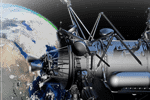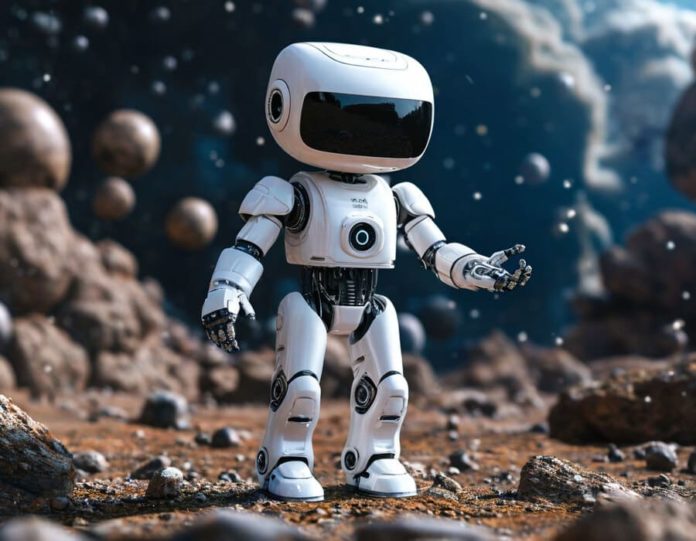Artificial Intelligence (AI) is rapidly transforming numerous industries, but its impact on modern space exploration is particularly revolutionary. From guiding spacecraft through distant galaxies to analyzing complex data from Mars rovers, AI is helping to solve challenges that would otherwise be insurmountable. This article dives into the role of artificial intelligence in modern space exploration, exploring how this technology is reshaping the future of space missions.
The role of artificial intelligence in spacecraft navigation
AI-assisted autonomous navigation
One of the key applications of artificial intelligence in modern space exploration is autonomous navigation. Spacecraft equipped with AI can make real-time decisions without waiting for instructions from Earth, saving valuable time. For instance, NASA’s Mars rovers use AI to avoid obstacles, ensuring smoother and safer exploration of Martian terrain.
Machine learning for trajectory optimization
AI algorithms, especially those based on machine learning, are being used to calculate and optimize spacecraft trajectories. These models take into account various factors, such as gravitational forces and fuel consumption, allowing for more efficient and accurate route planning for long-duration missions.
AI’s role in space data analysis
Managing big data from space missions
Space missions generate massive amounts of data—from satellite images to scientific measurements. AI-powered tools are essential for processing and analyzing this data efficiently. Machine learning algorithms can quickly identify patterns and anomalies in datasets, helping scientists make timely decisions.
AI in exoplanet discovery
AI plays a critical role in the discovery of exoplanets. By analyzing data from space telescopes, AI systems can sift through large volumes of information, identifying potential planets that orbit stars outside our solar system. This speeds up the search for habitable worlds significantly.
Enhancing spacecraft design and manufacturing with AI
AI-driven design
Artificial intelligence is not just revolutionizing space missions but also spacecraft design. AI can simulate different design scenarios, optimizing the shape and functionality of spacecraft for specific missions. This leads to more robust and efficient designs that can handle the rigors of space travel.
AI in manufacturing and quality control
The manufacturing of spacecraft parts involves precision and high quality. AI systems are increasingly being integrated into manufacturing processes to detect defects, ensure compliance with specifications, and streamline production.
AI and robotics in space exploration
Robotic exploration of extreme environments
AI-driven robots are paving the way for exploring environments that are too dangerous or unreachable for humans. These robots can operate autonomously in extreme conditions, such as the surface of Mars or the icy moons of Jupiter, gathering crucial data for future human exploration.
Future space exploration missions will likely involve close collaboration between AI systems and human astronauts. AI can assist astronauts by providing real-time information, managing life support systems, or even performing repairs. This partnership between humans and AI will be vital for deep space missions like those planned for Mars.
AI in space communication systems
Optimizing space communication
Space communication involves transmitting vast amounts of data across immense distances, which can lead to delays and signal loss. AI is helping to optimize these communications by predicting the best times to send data and managing bandwidth effectively.
AI and quantum computing
As space missions become more complex, AI is starting to intersect with quantum computing, opening up new possibilities for faster and more secure data processing. This combination could revolutionize communication between Earth and spacecraft, enabling near-instantaneous transmission of large data sets.
The role of artificial intelligence in modern space exploration is both expansive and transformative. From navigation to data analysis, spacecraft design to robotic exploration, AI is becoming an indispensable tool in the quest to explore the universe. As technology continues to evolve, AI’s contributions to space missions will only grow, pushing the boundaries of what’s possible in space exploration.













